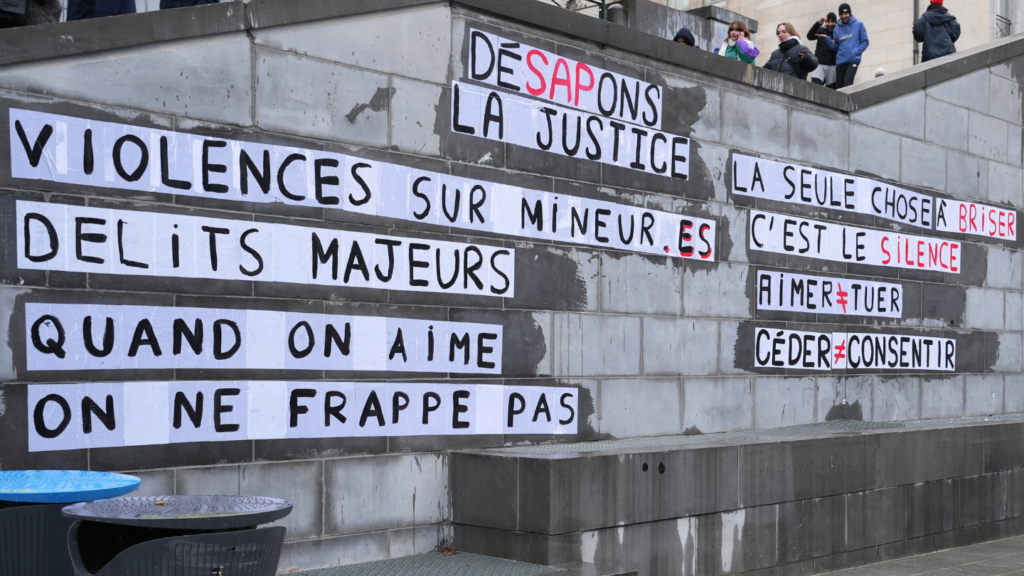
On 25 November, the United Nations marks the International Day for the Elimination of Violence against Women, a day that draws global attention to the various forms of violence women face. Why is this day so important and what are its origins?
Why does this day matter ?
Violence against women is a problem of all times and everywhere. Gendered violence can take different forms such as physical, digital, psychological, verbal, economic and sexual violence. The United Nations has recognised violence against women as a public health and development problem, with implications for security and public order.
The direct consequences of violence against women are significant and affect women at psychological, physical and emotional levels, which can severely damage their well-being. This often results in symptoms such as depression and anxiety. In addition, there are indirect consequences that affect the family and wider society, with negative impact on both women’s physical and mental health and related social and economic burdens.
Origin of this day
On 25 November 1960, the three political activists known as the Mirabal sisters were murdered in the Dominican Republic by government agents at the orders of dictator Rafael Trujillo for their opposition to the regime’s repression.
This tragedy led to the creation of the International Day for the Elimination of Violence against Women, and the initiative culminated in the global campaign “Orange the World” or “Orange Day”. This vibrant colour symbolises a future without violence against women and girls.
The campaign spans 16 days, from 25 November to 10 December, the International Human Rights Day, and calls for action against gender-based violence.
Importance of Intersectionality
The importance of intersectionality in the fight against violence against women is crucial. Recognising the various aspects of identity, such as ethnicity, sexual orientation, gender identity, disability and others, is essential to get a full picture of the complexity of this problem.
Research, such as that by UN-WOMEN, shows that vulnerable groups, including people who identify as LGBTQIA+, are disproportionately affected by sexual transgressive behaviour. These findings highlight the need to combat not only gender-based violence but also the underlying discrimination and inequality that contribute to these forms of violence.
And today ?
On 29 June 2023, the #StopFeminicide law was finally approved in Belgium. The law concerns the prevention and fight against feminicide and violence. Yet the fight to eliminate violence remains important, given the daily impact on the lives of countless women and girls around the world.
Stien H.


